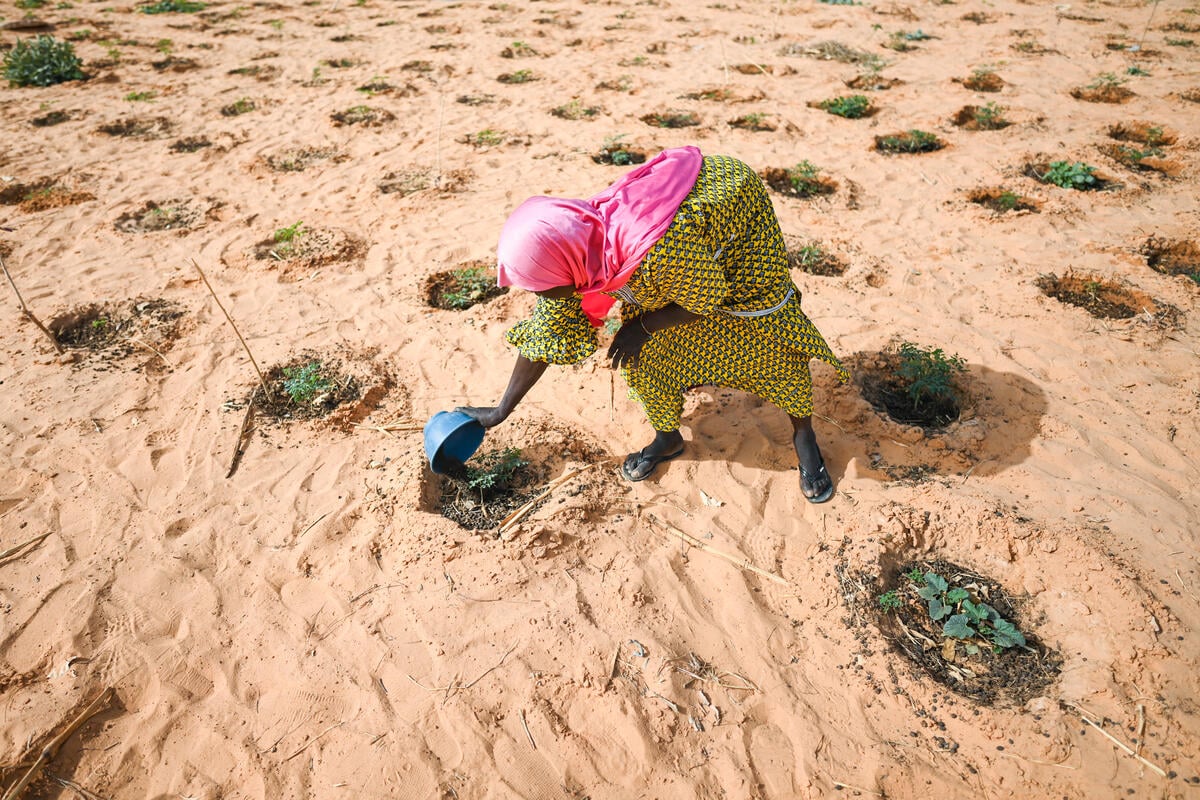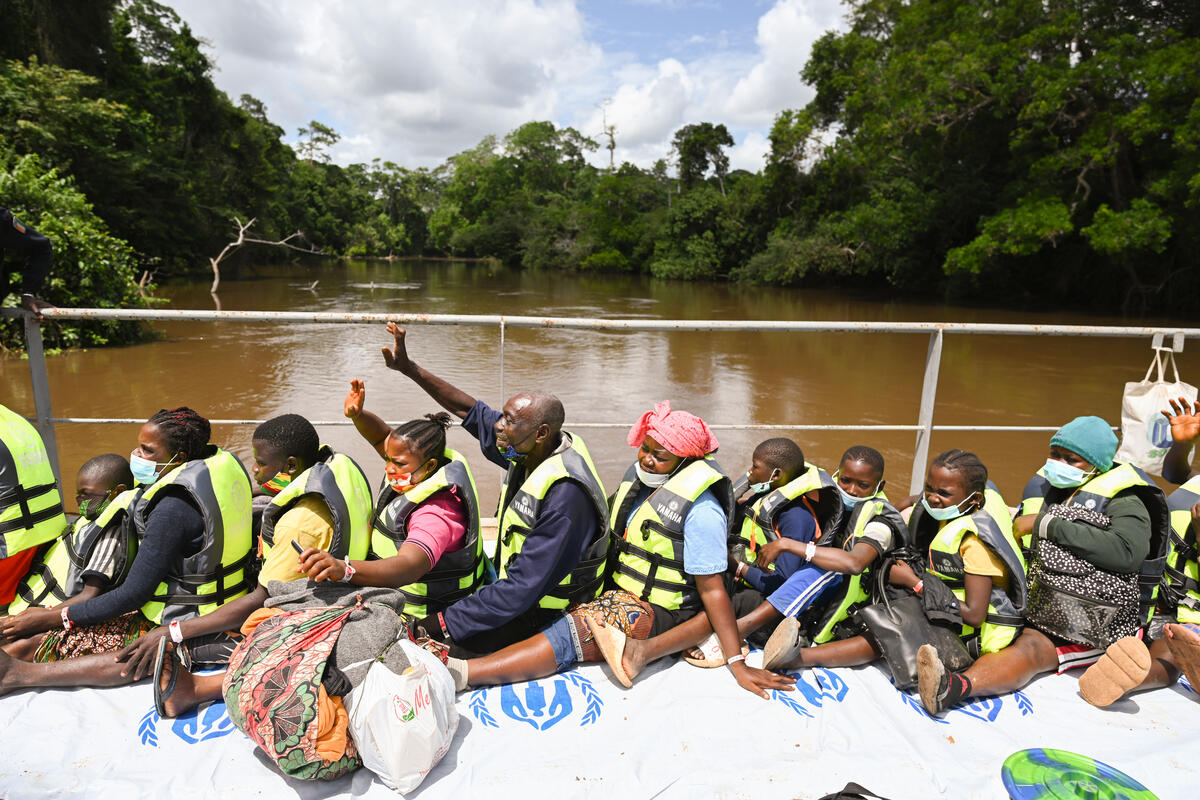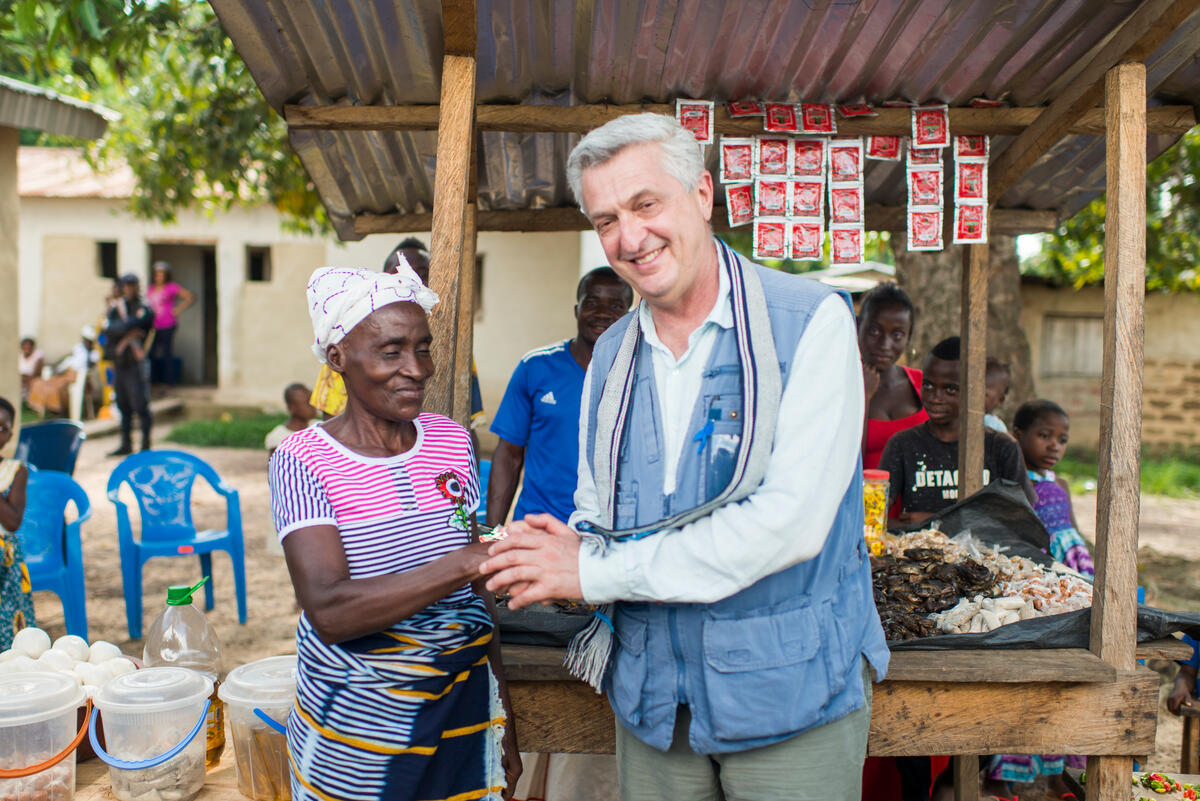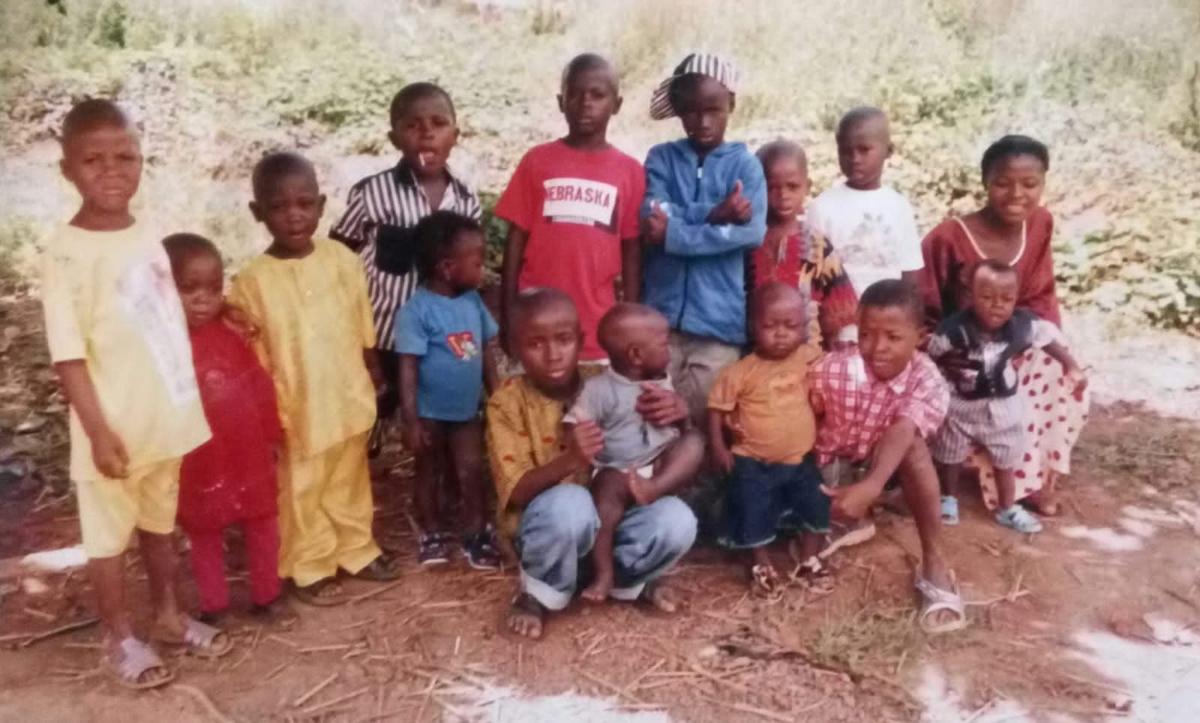New influx of Liberian refugees into Guinea; UNHCR warns of looming crisis near border
New influx of Liberian refugees into Guinea; UNHCR warns of looming crisis near border
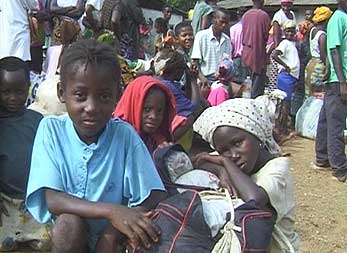
CONAKRY, Guinea, June 14 (UNHCR) - More than 6,600 Liberian refugees have fled intense fighting in northern Liberia for Guinea since June 5, prompting the UN refugee agency to warn of the deteriorating health and sanitation situation in Guinea's border area of Macenta.
"The refugees are in urgent need of food and health care," said UNHCR spokesman Kris Janowski at a press briefing Friday, adding that a lack of funds is slowing down the building of shelters to accommodate the recent influx.
On Tuesday, UNHCR staff visited three remote villages in the Macenta Prefecture, near the border with Liberia's Lofa county, where local authorities had reported the arrival of new refugees. They found large groups of hungry and exhausted refugees - mostly women, children and the elderly - occupying schools, clinics, churches and backyards.
In the village of Sedimay, about 200 old women and children - mainly from the Zorzor district in Lofa County - were found in a large hangar. They told UNHCR of their months-long trip through the bush to flee war, illness and hunger before finding refuge in Guinea. Some 3,000 refugees were found in public buildings in Fassankony village, with about 3,600 more in Koyama, 15 km away. In both villages, small groups of refugees carrying bundles were continuing to arrive from the Lofa County.
UNHCR has expressed concerns about the local population's attitude towards the new arrivals following an April attack on Koyama, reportedly by rebels from Liberia. "The locals fear the presence of militias among the new arrivals," said Janowski.
All the new refugees UNHCR staff spoke to were willing to be transferred to one of the existing camps or transit site as soon as a registration team could be set up and a convoy organised. On Thursday, the UN refugee agency met several agencies and non-governmental organisations working in the area for a joint assessment mission to plan for a quick transfer of the most needy refugees and the possible establishment of an emergency health centre in the area.
But efforts are being hampered by a lack of funds. Financial constraints have prevented UNHCR from carrying out much needed work on shelter construction to extend Kouankan camp and at Nonah transit centre. There are only sufficient funds to transfer the 2,000 most vulnerable refugees from Koyama to Kouankan camp, which already hosts 13,500 refugees. The setting up of a new site in Lainé, for which UNHCR has authorisation, is also on hold.
Guinea is now hosting over 100,000 refugees from Liberia, with 20,000 arrivals this year alone.
In Sierra Leone, approximately 100 refugees continue to arrive from Liberia every week. UNHCR has twice-weekly convoys transferring around 200 refugees up to Blama waystation (near Kenema) and then further on to one of the refugee sites. There have been increasing reports of refugees being extorted of 500 to 1000 Liberian dollars ($10-20) each before they can reach and cross the border. Harassment by border officials has also been reported.
Sierra Leone is now hosting over 37,000 refugees from Liberia - 29,500 in camps and a further 7,500 awaiting transfer at the border.
According to testimonies by recent arrivals, Sierra Leonean refugees from Sinje camp in Liberia, near the border with Sierra Leone, have expressed their wish to leave the camp and return to their country. However, insufficient funds and fears of meeting soldiers along the way have prevented them from doing so.
The situation in and around the Liberian capital of Monrovia has remained relatively calm in the past few days. Inter-agency teams have been able to go up to Sinje camp and assess the security on the road. UNHCR is planning to send its teams there as soon as possible to provide food for the refugees. They have been cut off from aid since last month, when fighting erupted between government troops and LURD rebels on the road between Monrovia and Sinje.

